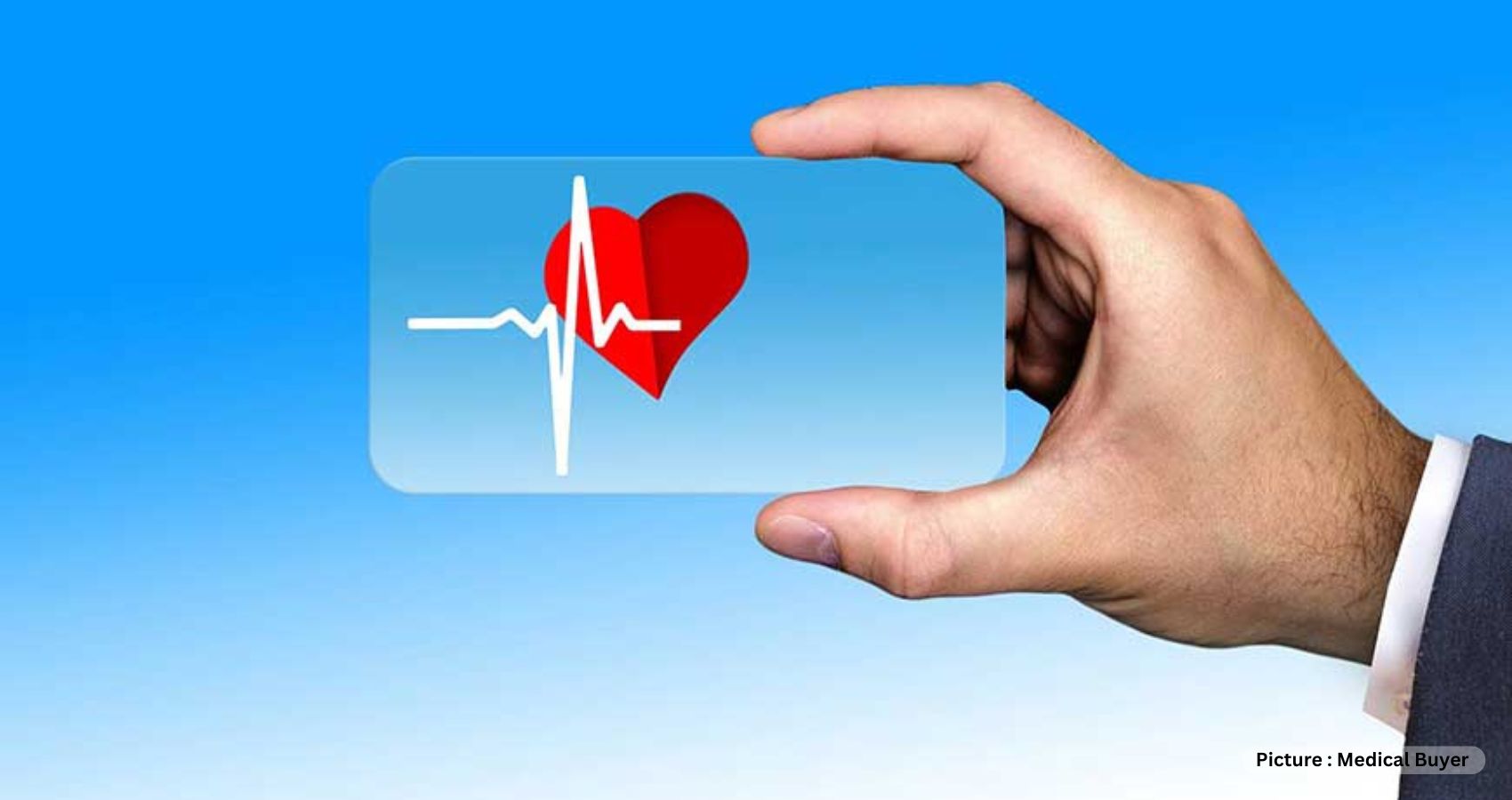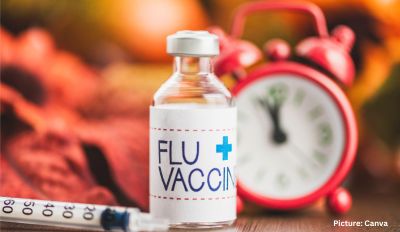The Biden administration has issued a warning to Americans concerning the financial risks associated with medical credit cards and other loans for medical bills. In a recent report, the Consumer Financial Protection Bureau (CFPB) estimated that Americans paid $1 billion in deferred interest on medical credit cards and other medical financing between 2018 and 2020. The agency found that interest payments can increase medical bills by almost 25 percent, which can deepen patients’ debts and threaten their financial security.
CFPB’s Director, Rohit Chopra, stated that “lending outfits are designing costly loan products to peddle to patients looking to make ends meet on their medical bills. These new forms of medical debt can create financial ruin for individuals who get sick.” Nationally, KFF Health News found that approximately 100 million people, including 41 percent of adults, have healthcare debt. This large scale problem is feeding a multibillion-dollar patient financing business, with private equity and big banks looking to capitalize on the situation when patients and their families are unable to pay for care. The profit margins in the patient financing industry top 29 percent, according to research firm IBISWorld, which is seven times what is considered a solid hospital profit margin.
One of the most prominent financing options is credit cards like CareCredit offered by Synchrony Bank which is often marketed in physician and dentist waiting rooms to help pay off medical bills. These cards typically offer a promotional period where patients pay no interest, but if the patient missed a payment or could not pay off the loan during the promotional period, they could face interest rates that rise as high as 27 percent, according to the CFPB. Patients are also increasingly drawn into loans administered by financing companies such as AccessOne.
These loans, which often replace no-interest instalment plans that hospitals once commonly offered, can add hundreds or thousands of dollars in interest to the debts patients owe. Hospital and finance industry officials insist that they take care to educate patients about the risks of taking out loans with interest rates. However, federal regulators have found that many patients remain confused about the terms of the loans.
According to the CFPB, the risks are particularly high for lower-income borrowers and those with poor credit. About a quarter of people with a low credit score who signed up for a deferred-interest medical loan were unable to pay it off before interest rates jumped. By contrast, just 10% of borrowers with excellent credit failed to avoid the high interest rates. Regulators found that many patients remained confused about the terms of the loans and that patients often didn’t fully understand the products’ terms and found themselves in crippling financing arrangements.
Despite this, the new CFPB report does not recommend new sanctions against lenders. The study cautioned that the system still traps many patients in damaging financing arrangements. It also stated that “consumers complain that these products offer confusion and hardship rather than benefit, as claimed by the companies offering these products.” The report concluded that “many people would be better off without these products.”
The growth of patient financing products pose risks to low-income patients. Patients should be offered financial assistance to pay large medical bills, but instead, they are funnelled into credit cards, debt consolidations or personal loans that pile interest on top of medical bills they cannot afford.
An investigation conducted by KFF Health News with NPR explored the scale and impact of the nation’s medical debt crisis. They found that 41% of adults have some form of healthcare debt. In the patient financing industry, profit margins are over 29%, which is nearly 7x higher than what is considered to be a solid hospital profit margin. A UNC Health public records analysis found that after AccessOne began administering payment plans for the system’s patients, the percentage of people paying interest on their bills increased from 9% to 46%.
According to the CFPB, “Patients appear not to fully understand the terms of the products and sometimes end up with credit they’re unable to afford.” Federal regulators warned that patient financing products pose another risk to low-income patients. They should be offered financial assistance with large medical bills, but instead, they are being routed into credit cards or loans that pile interest on top of medical bills they cannot afford.
Medical credit cards and other loans for medical bills can deepen patients’ debts and threaten their financial security. The number of people with healthcare debts is increasing, and many patients remain confused about the terms of the loans. Profit margins in the patient financing industry are high, and patients are often funnelled into credit cards rather than offered financial assistance with large medical bills. This can lead to confusion and financial ruin for those who get sick. The report concluded that “many people would be better off without these products.”











